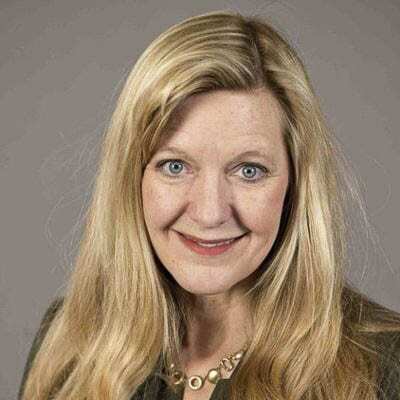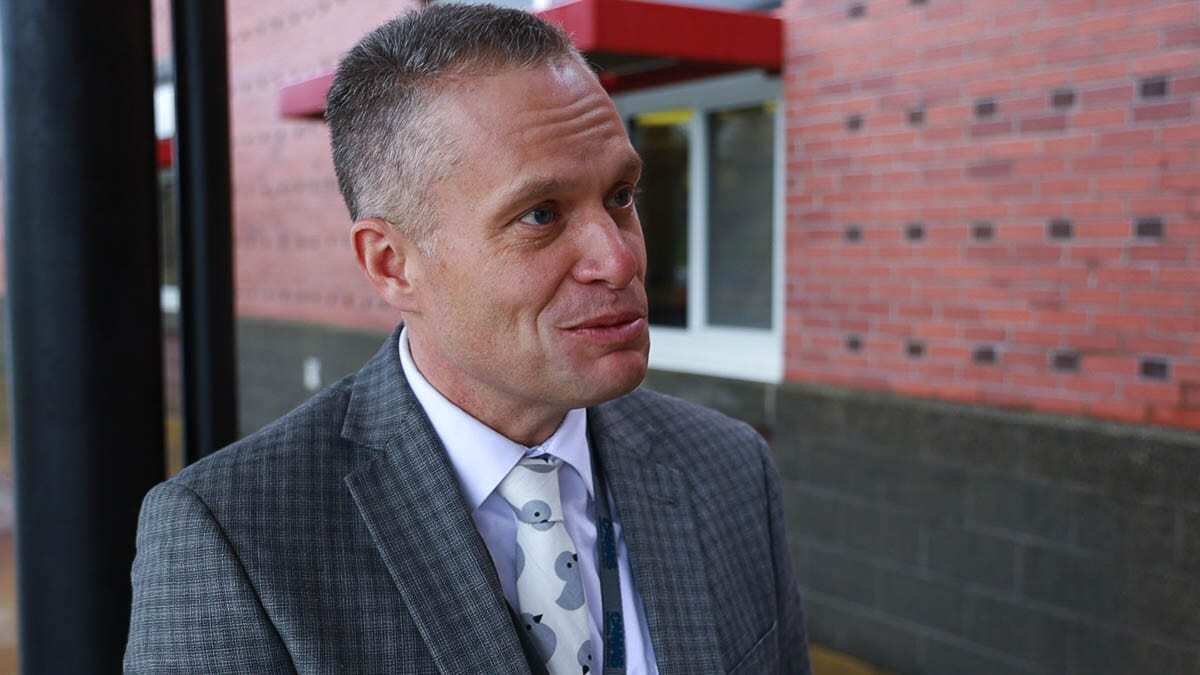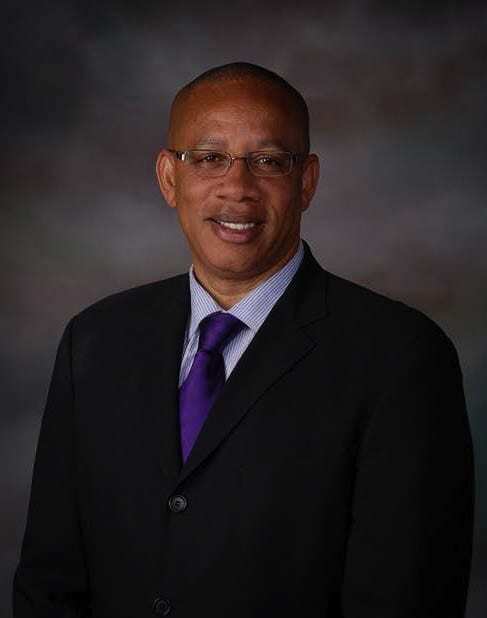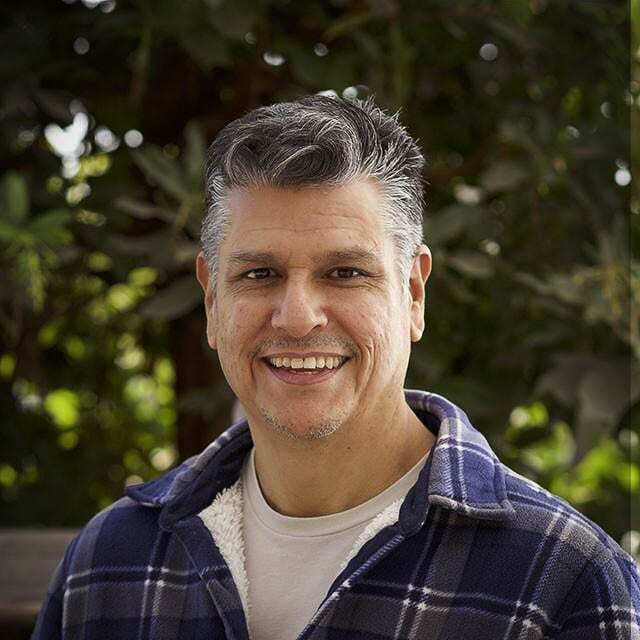Four possible choices for the positions spoke to concerns on in-person learning and how they would handle transition
VANCOUVER — Vancouver Public Schools (VPS) held an open forum last night as part of the selection process for the district’s new superintendent.
Via Zoom, the community got to know the candidates, and were encouraged to submit questions, which were then selected to be asked by McLoughlin Middle School Principal Travis Boeh, who served as host.
During the over two-hour Q&A, candidates shared about their backgrounds and what they would be excited to do if selected for the position with VPS.
Dr. Karen D. Cheser was the first of the four candidates to have 30 minutes to answer a series of questions. She is currently the superintendent of Fort Thomas Independent Schools in Fort Thomas, KY.

Cheser was a teacher and also taught other teachers before becoming a superintendent. Her father was also a teacher, and was a key motivator in her path to education, she said.
After being asked what she would do to get others to rally behind change, Cheser expressed a greater desire to focus on how to keep positive momentum while still altering things that need to change, like inequity.
“There’s a Japanese word in business, Kaizen, which is continuous improvement, Toyota uses that, and that’s what I’d rather focus on,” Cheser said. “I have learned many, many times that the ideas are better if I’m not the one coming up with them, if students are, teachers are and so forth. I think it’s vitally important that … we work together to create instructional blueprints, digital playlists, curriculum ideas, videos of teachers, and also making sure that it’s really impacting our students in a way that they feel like they’re part of that change.”
On the subject of cultivating more inclusion and equity within the district, Cheser spoke to lessons learned in her own schools while conducting community outreach on a graduation program and accessibility of school resources.
In the schools in her district where students in poverty were high in numbers and there was a greater divide between families and the schools, Cheser said they implemented an extended day program. For an extra two hours each day, students would receive more time to learn skills, build community and feel seen, she said.
“These were enriching activities,” she said. “These were sometimes activities that we would say we only give to our gifted, talented students. They were targeted instruction for exactly what they needed to accelerate their learning with evidence based programs. At the end of that 12 weeks, and we did that for three years, students typically gained one to three years worth of growth.”
With regard to COVID-19, Cheser explained that her approach has been and will continue to be continuous contact with students, staff and parents to know what everyone wants and is comfortable with. In Kentucky, teachers are a priority vaccination group, and Cheser pointed to this a key factor in their success with a return to in-person instruction.
Following Cheser was Dr. Jeff Snell, who is currently the superintendent of the Camas School District.

Snell explained that his biggest influence in becoming an educator was his father, who was his fourth grade teacher. At the age of 33, his father died of cancer, and Snell said witnessing the impact his father’s short life as an educator had on so many people centered his focus on making every moment count through hope.
“Hope is really about creating conditions for people to believe in what’s possible,” Snell said. “When you can help develop a common sense of purpose about a better future, with the hope that it is possible, you can change communities, you can change outcomes for staff, and you can certainly change outcomes for students.”
Snell worked as a teacher at Fort Vancouver High School for a while before becoming the superintendent in Camas. He pointed to this experience as the most impactful when adjusting his view of privilege, equity and inclusion.
He said through implementing a curriculum that exposes students to otherwise unknown elements of history or a more diverse range of subjects, can create a more unified community. He also pointed to how helpful he has found community forums composed of students, staff and families to resolve issues big and small.
“It might be creating space for student leaders to talk and share about their experiences, which is really empowering,” he said. “It might be that we’re looking at our math course for students and making some changes, to really identify opportunities for more students of color to have access to rigorous courses. We’ve seen that already start to have a positive effect. It also might be just listening to students talk about wanting to see themselves in our curriculum.”
Snell also said he believes that he has a bit of an advantage when he comes to overcoming challenges that may come about stepping into the position. A vast network of experiences in Clark County and the region make him more familiar with the issues and more ready to tackle them, he said.
When it comes to COVID-19, Snell echoed the sentiment that it has been very difficult in his district, but he has learned to try and look at it from each side’s perspective, to reduce polarization.
After Snell, Dr. Kenneth “Chris” Hurst from Othello, WA answered the questions. Hurst is currently the superintendent of the Othello School District.

Hurst, his wife and his two adult children are all educators in the region and across the nation. Hurst described himself as an avid teacher who has taught math and advanced computer science prior to becoming a superintendent.
“When we talk about equity, that has really been my life’s work, really working with communities, working with teams to break down those barriers, so that more students can achieve success, and so that they can achieve their goals,” Hurst said. “One of the things that I’ve been sharing with leaders here in Othello is this term called relational trust. If you want people to engage with you in work and really hard work, they’re going to have to trust you.”
Hurst explained that when it comes to changing a district’s culture, and improving equity and inclusion, he sees a key accomplishment in helping everyone understand what the terms being thrown out there mean.
He also said he is a strong supporter of creating an equity committee, that allows for communication with the community in a more robust manner. Vancouver currently has one of these committees, after establishing it last year.
“We really want to make sure that it goes down into the classroom, and it becomes breathing in our community and breathing in our district,” he said. “The best way for that to happen is making sure that our teachers are trained on what culturally responsive teaching looks like. So not just becoming an expert observer of instruction, but how do our leaders now become expert observers of what educational equity looks like, feels like and sounds like.”
On the COVID front, Hurst expressed an understanding that many parents want to bring students back as quickly as possible. He also said he acknowledges the influence and perspective of the teachers union, and their concerns with safety. Altogether, Hurst said he believes open dialogue and the ability for staff and families to ask questions and receive quick answers to specific subjects is critical.
The final candidate of the evening was Dr. Héctor Rico of Santa Cruz, California, who currently serves as the director of diversity, equity and inclusion at Pacific Collegiate School.

Rico immigrated to the United States with his mother as a child, and is the first in his entire family to graduate from high school and attend college. He was not the last, however, and he now has multiple siblings and children, as well as his mother who have received an education. Rico has worked as a vice principal and principal at the high school and elementary school level.
“I truly believe that together we’re better,” Rico said. “No one knows it all, no one can do it all and no one can do it alone. There’s always somebody who has better ideas than you, and somebody who has other ideas than you. It’s important to hear all of them to help make the best informed decision moving forward. That’s why I really buy into the notion of distributed leadership.”
Rico spoke of his experiences as an educator leading districts with highly diverse student populations, and how important it is to find programs that include a variety of access points and celebrate various cultures.
He also spoke to how it would be his mission if selected, to eliminate the disparities between the northern and southern sections of the Vancouver School District. This issue has been detailed in research from the district and given to all candidates.
“It’s not what we give them or that we give them the same thing, but rather that we give them what they need, so that when they leave us at comparable levels,” Rico said.
With regard to the pandemic, Rico explained that his goal would be to find a consensus between all those involved in the process of bringing students back to school. He expressed a desire to connect with students, families and teachers.
“It is imperative that we … more than ever involve stakeholders in the dissemination of information, and ongoing communication and planning,” he said. “Because regardless of whatever guidelines we receive, every district is unique, and how its community responds to the crisis and evolving guidelines will vary, and we must honor that.”
The selection process was accelerated with the recent removal of outgoing superintendent Steve Webb. No reason was given for the school board’s decision, but Webb, who was set to retire at the end of the year, did write an open letter to the community that can be found here.
Parents can provide their feedback on the candidates by completing an online form on the district’s website. The school board will make its final selection by early March.




